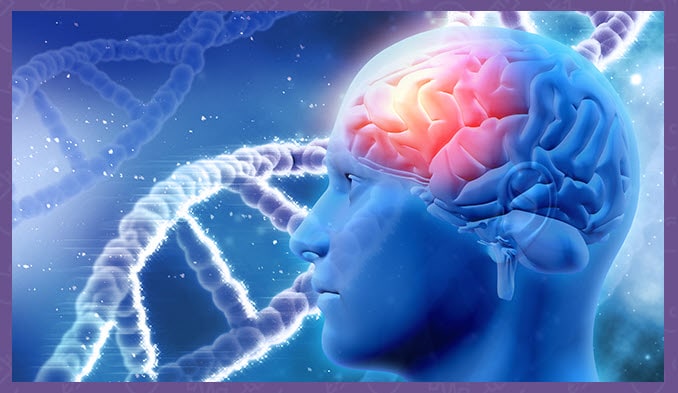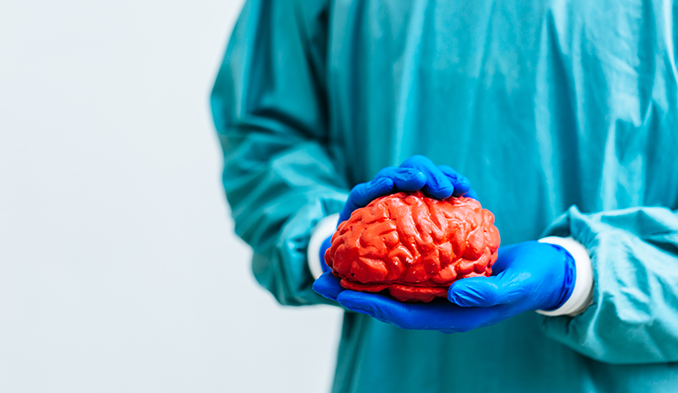What is aphasia?
Sufferers of aphasia have difficulty with speech, have difficulty forming correct sentences or repeating them. They may also have trouble understanding foreign speech.
What types are there?
There are several types of aphasia:
- global aphasia - unable to speak and understand,
- Broca's aphasia - understand foreign speech but have difficulty speaking,
- Wernicke's aphasia - have difficulty understanding, speak fluently but often confuse words and sentences;
- anomic aphasia - have impaired ability to name objects.
What causes aphasia and when might it be a sign of a medical emergency?
The most common cause of aphasia is stroke. Brain tumor, focal inflammation and neurodegeneration are also possible diseases. Aphasia that develops within seconds is acute and usually due to stroke. Aphasia alone may be a symptom, but it may be accompanied by others, such as visual field deficits and hemiparesis. When a brain tumour causes it, a few days to a few weeks may be taken for the symptom to develop.
What tests are needed and is there a treatment for aphasia?
The tests that are done are: computed tomography and magnetic resonance imaging. In case of suspected stroke, a combination is made with imaging of the intracranial arteries. The human brain is able to re-learn to understand and produce speech. Through speech therapy, communication problems are assessed and treated.












